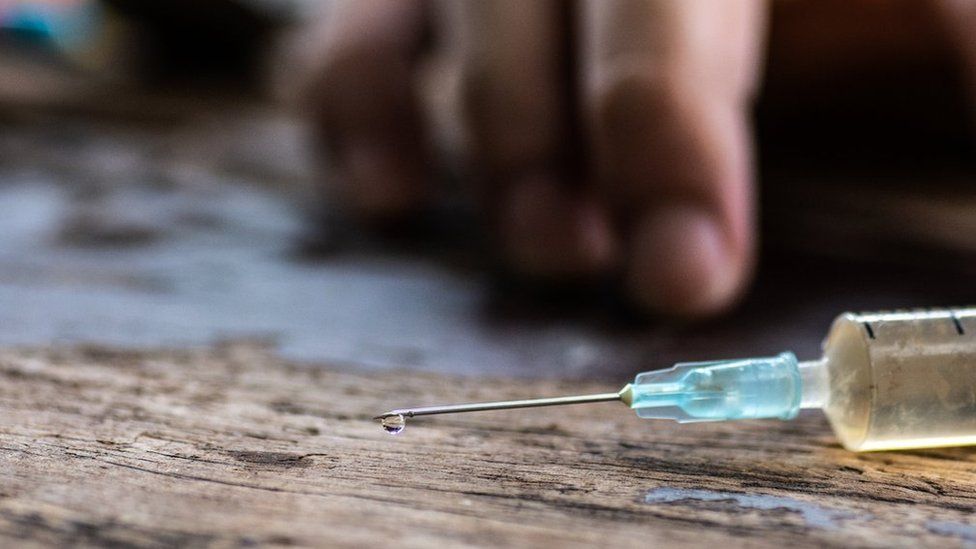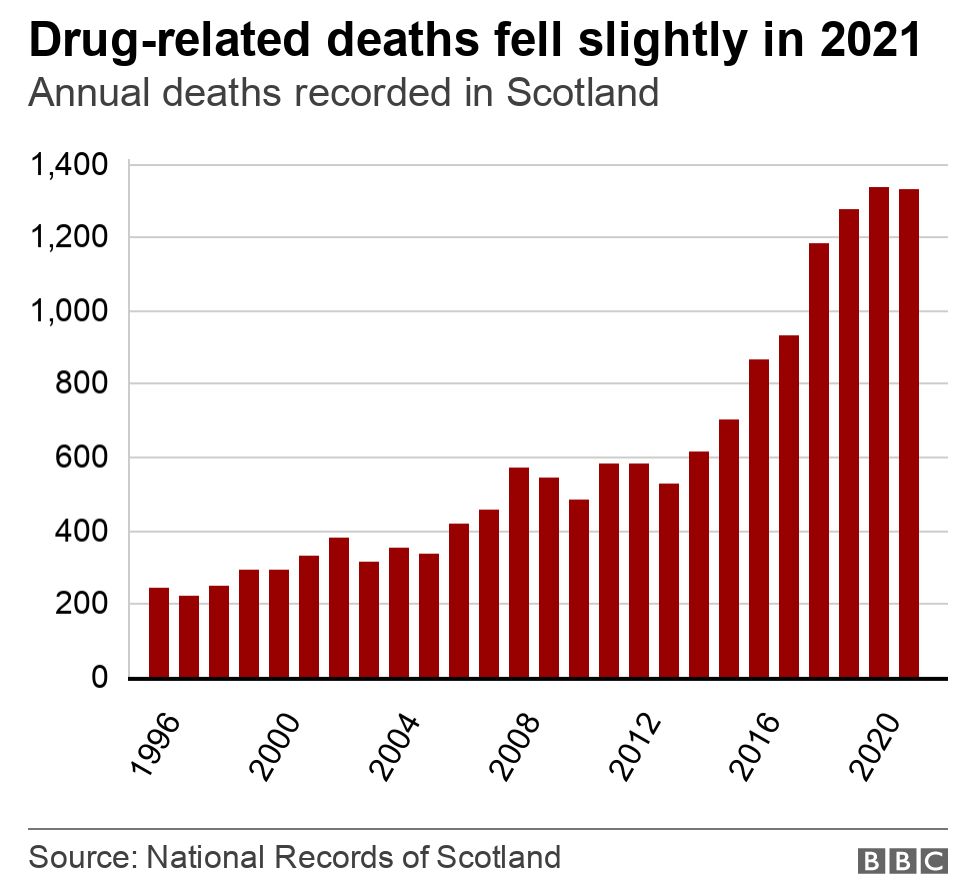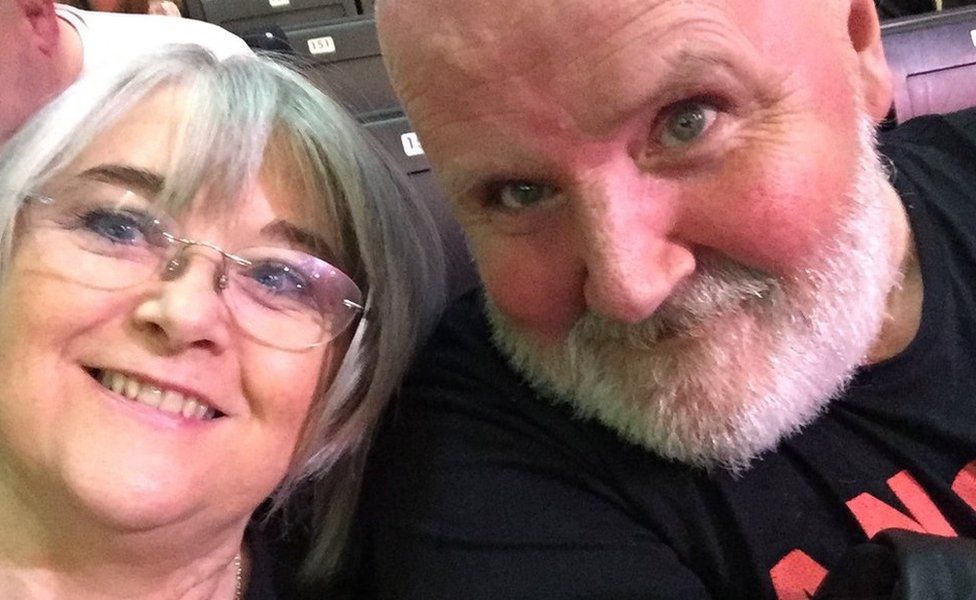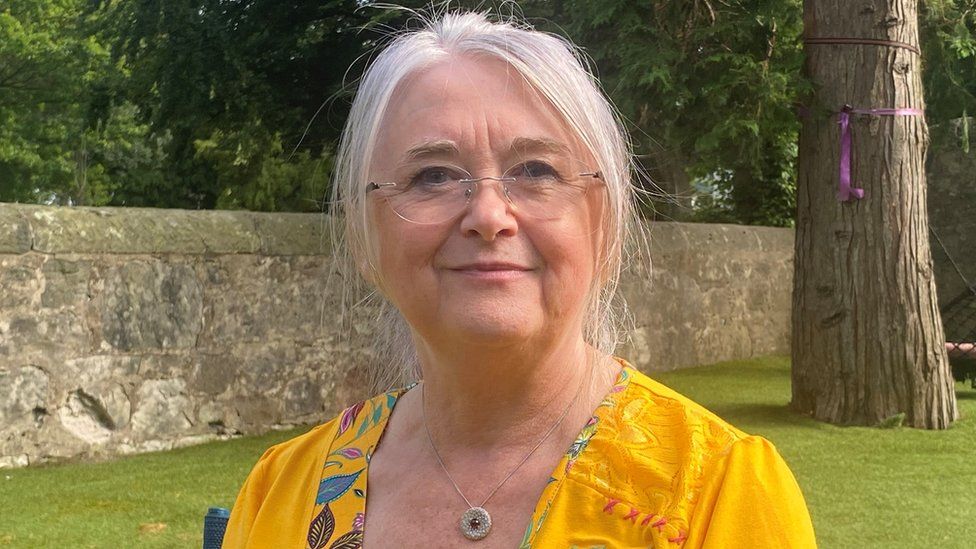Scotland continues to have by far the highest drug death rate in Europe despite the slight fall.
 Image source, Getty Images
Image source, Getty ImagesThe number of people who died of drug misuse in Scotland last year dropped slightly to 1,330 – the first time the figure has been down in eight years.
National Records for Scotland (NRS) statistics showed there were nine fewer deaths than the 1,339 recorded the previous year.
However, Scotland continues to have by far the highest drug death rate recorded by any country in Europe.
The upward trend had been accelerating since 2013.
The latest figure of 1,330 is still the second highest annual total on record and Scotland’s drug misuse rate remains around 3.7 times that for the UK as a whole.
Scotland’s drugs policy minister Angela Constance said the number of deaths remained “unacceptable”, and that work would continue “at pace” to address the emergency.
She said: “These latest statistics provide yet more heart-breaking reading. While there is so much more work to do, every life saved means one less family grieving and I am determined we can use this halt in the upward trend of recent years as a platform for real change.
“My focus now is on taking action and delivering new investment to improve services and get more people into the treatment which works for them.”
The leader of the Scottish Conservatives, Douglas Ross, described the drug death figures as “off-the-scale bad” and “so uniquely awful” compared to other European countries.
He added: “The enormity of this national emergency is laid bare in this heart-breaking toll of fatalities.
“These figures are a badge of shame for Nicola Sturgeon, who has presided over a huge escalation in Scotland’s drug-deaths epidemic during her time in office.”

Of those who died from misuse of drugs in Scotland, 65% were aged between 35 and 54 and more than two thirds (70%) were men.
Dundee city had the highest death rate of all local authority areas (45.2 per 100,000 population for the five-year period 2017-2021), followed by Glasgow city (44.4) and Inverclyde (35.7).
In 93% of all drug misuse deaths, more than one drug was found to be present in the body.
Opiates or opioids – such as heroin, morphine and methadone – were implicated in 84% of the deaths.
A total of 69% involved benzodiazepines, such as diazepam and etizolam.
It comes after the head of Scotland’s drug deaths taskforce called for an overhaul of addiction services and reform of drugs laws to halt overdose deaths.
David Mr Strang – a former chief inspector of prisons and ex-chief constable of Lothian and Borders Police – echoed earlier calls for a “public health approach” to the crisis.
This video can not be played
To play this video you need to enable JavaScript in your browser.
Julie Ramsay, vital events statistician at NRS, said: “Drug misuse deaths have increased substantially over the past few decades – there were more than five times as many deaths in 2021 compared with 1996.
“In 2021, after adjusting for age, people in the most deprived areas were more than 15 times as likely to have a drug misuse death as those in the least deprived areas. This ratio has widened over the past two decades.”
Last month, a Public Health Scotland report revealed addiction services are still missing key targets for treatment despite increased investment.
It followed a watchdog calling for more transparency in how extra money was being spent by services tackling drug deaths.
Opposition parties insist cuts to drug rehab and addiction programmes by the Scottish government have been a major reason for increased drug deaths in recent years.
Scottish Conservatives leader Douglas Ross said: “The SNP government have to accept their current approach isn’t working.”
First Minister Nicola Sturgeon previously admitted that the number of deaths was “indefensible” and “a national disgrace”, and that her government had not done enough to tackle the problem.
Last year, the Scottish government pledged to spend an extra £250m over five years in an attempt to reduce the number of deaths, including £20m a year on increasing the number of residential rehabilitation beds across the country.
The Scottish Drug Death Taskforce, which was set up in 2019, has also been working to increase the distribution of Naloxone, a medication that can reverse the effects of an opiate-related overdose.
In January, the previous head of the taskforce, Professor Catriona Matheson, told BBC Scotland she resigned as she was not prepared to do a “rush job” by publishing its final report six months early.

‘I want my brother to be the number that makes a difference’

Scotland’s drug deaths may have fallen slightly last year, but for Liz Daly, the number is one higher as far as her family is concerned.
Her brother Tony Devine was found dead in his West Dunbartonshire home in June last year, aged 63. It was an overdose that took him after a 40-year battle with addiction, despite a spell in rehab and despite attending AA meetings.
Liz, who is two years older, believes Tony’s problems with drugs stemmed from their troubled childhood.
“Resilience plays a huge part in how you survive adverse childhood experiences,” she said. “You either go down with the ship or you start swimming.
“He was my little brother but he was always bigger than me. He actually was a very vulnerable child and a very vulnerable adult. I was very protective of him and I feel really bad that I couldn’t save him.”

Having sought support from her local church after Tony’s death, Liz is now working with Faces and Voices of Recovery UK to buy a property in the east end of Glasgow and set it up as an addiction support centre.
She added: “We’re not helping them by throwing them in jail or even giving them community service, we need to get them into recovery and to be living a useful life, the same as everybody else – where they can make relationships and have access to their families.
“Let’s do something before it gets to the stage where you’re having to bury somebody.”
